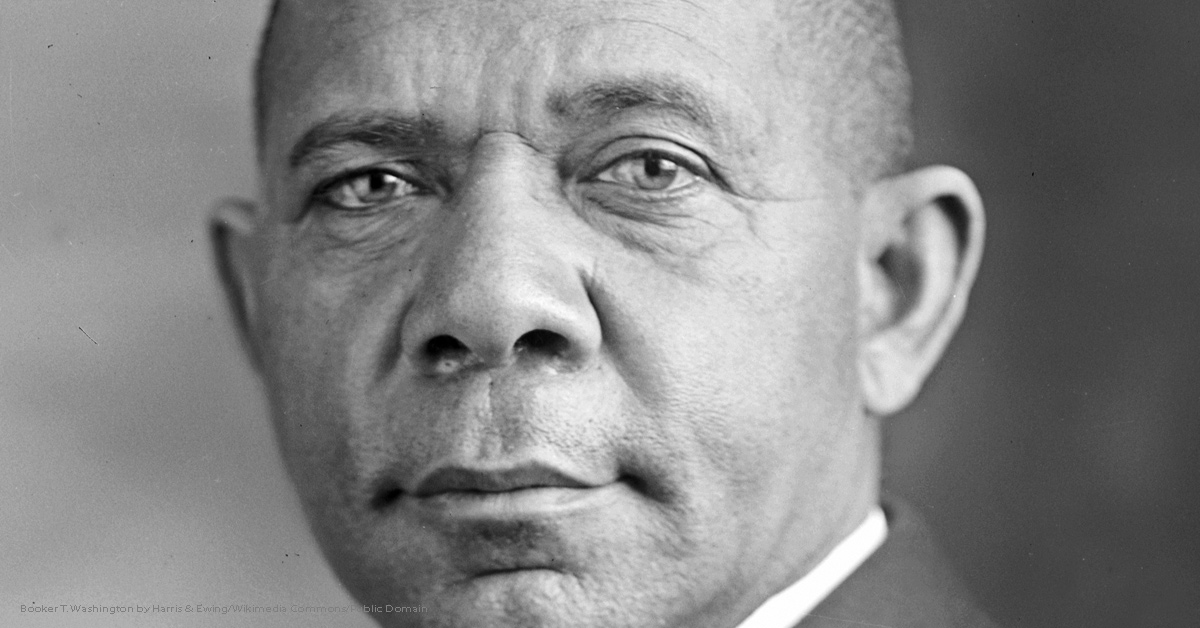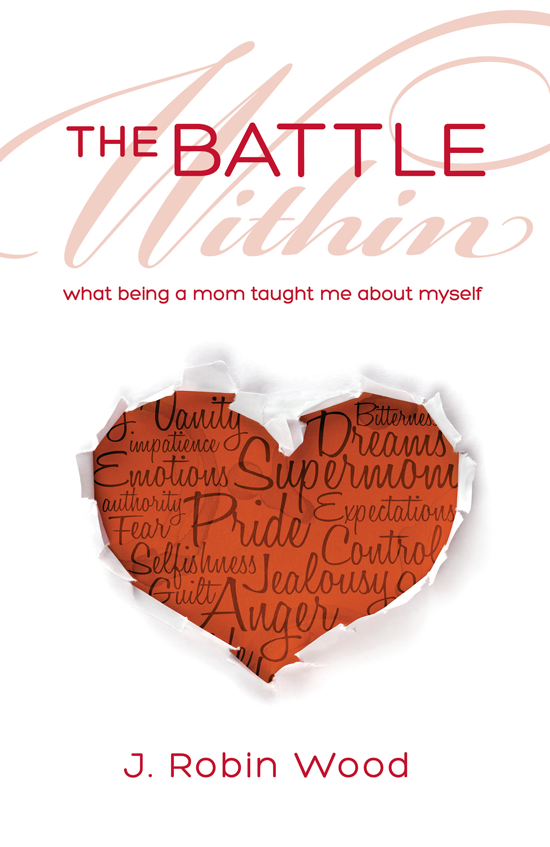Welcome to the month where some say “April showers bring May flowers.” Whether or not that statement about the weather is true where you live, we can celebrate the literary emphasis that April brings.
For starters, it’s National Poetry Month. A poem presents us with a different way of thinking about a topic. The writer’s (or narrator’s) meaning is not always apparent on the first reading, and this can be frustrating to young readers. That was the case for me. But poetry is a valuable and symbolic way of communicating to others. During my homeschool years, Mom introduced me to this literary genre using Favorite Poems Old and New, a collection of poems for children. My favorite was “Puppy and I” by A. A. Milne. Take time this month to read poetry out loud with your kids and introduce them to the forms and types of poetry.
April 10–16 celebrates National Library Week, and the 2016 theme is “Libraries Transform.” Take time to visit your local library and check out a book for free. The local library opened up a world of learning for me as a child not only because of the books I was able to read but also because of the workers who dedicated their time. Involve your family in doing a random act of kindness for a librarian.
April 1
The origin of April Fool’s Day is uncertain, but we all know that now this date is associated with fun, lighthearted practical jokes. Plan a comedy night family fun night with ideas from Kim at Not Consumed. Watch out, or else the joke might be on you!
April 5
Booker T. Washington was born this day in 1856. As a young man, he had the opportunity to attend a school where he learned to read and write as well as how to contribute to the value of society as a whole through industrial means. Later on Washington used the principles he learned to develop the Tuskegee Institute, a training place for teachers. Learn more of his life and work in this fast facts video.
April 14
Noah Webster’s American Dictionary of the English Language was registered with the copyright office on this day in 1828. This book helped standardize the spelling of “American” words and supported many definitions with examples of the word’s use in the Bible. Webster learned twenty-six languages to complete this dictionary. As a child, I had the opportunity to visit Noah Webster’s childhood home in West Hartford, Connecticut. Their website includes a kid’s corner with activities to do with your children.
April 24
The Hubble Space Telescope was launched into space in 1990. It has allowed scientists to observe objects in space without interference from conditions in earth’s atmosphere. As this telescope orbits the earth, it provides clear, colorful images that add to our understanding of the Milky Way Galaxy. Interpreting what these images show us depends on our worldview of how everything came to be. Show your family these images of space taken by the Hubble Space Telescope.


 I knew we were in trouble as soon as I heard the sound of my daughter’s cackling laughter. When the sound of a toilet flushing joined the laughter only a heartbeat later, I was already heading toward the stairs.
I knew we were in trouble as soon as I heard the sound of my daughter’s cackling laughter. When the sound of a toilet flushing joined the laughter only a heartbeat later, I was already heading toward the stairs.






 Do you feel overwhelmed with the myriad of things that you have to do? That feeling comes over all of us now and then; but if you’re a busy homeschool parent, you’re probably more familiar with it than most.
Do you feel overwhelmed with the myriad of things that you have to do? That feeling comes over all of us now and then; but if you’re a busy homeschool parent, you’re probably more familiar with it than most.